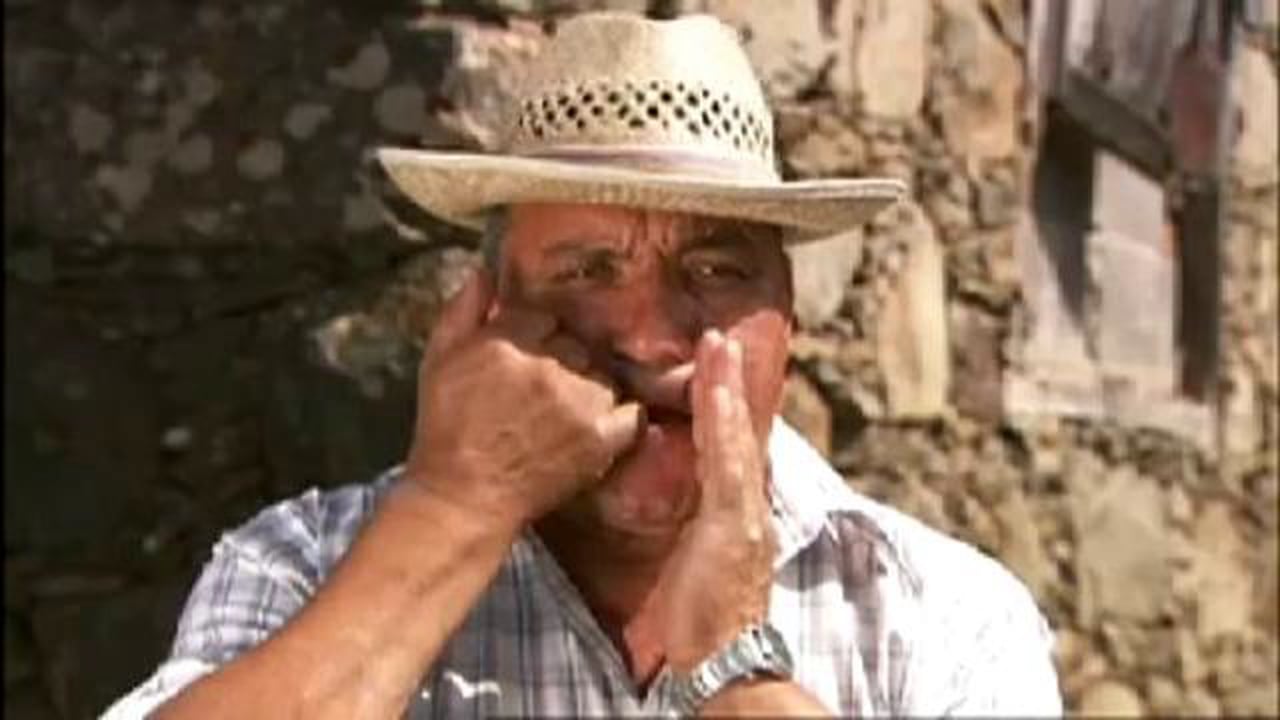No tech needed here to communicate through lockdown...
Friday, April 10, 2020 @ 7:27 PM
 On the small mountainous island of La Gomera, one of the Canaries, the children speak to each other from miles apart using one of the most unusual languages in the world. Known as Silbo, the whistling language of Gomera Island has a vocabulary of over 4,000 words, and is used by "Silbadors" to send messages across the island's high peaks and deep valleys.
On the small mountainous island of La Gomera, one of the Canaries, the children speak to each other from miles apart using one of the most unusual languages in the world. Known as Silbo, the whistling language of Gomera Island has a vocabulary of over 4,000 words, and is used by "Silbadors" to send messages across the island's high peaks and deep valleys.
The "whistle language" isn't really it's own language, but a way of speaking any existing language through whistles. El Silbo has a well-known history. The original inhabitants of La Gomera were believed to be immigrants from part of what is now Mauritania, and they spoke a tonal language. Tones were so important to the phonology of the language that one could speak simple sentences with just the tones and not lose meaning.  This rudimentary system evolved to include glides and stops to imitate consonants, which let whistlers convey more complex phrases. In the 16th century, when the Spaniards conquered the island, the natives were driven to extinction.
This rudimentary system evolved to include glides and stops to imitate consonants, which let whistlers convey more complex phrases. In the 16th century, when the Spaniards conquered the island, the natives were driven to extinction.
The Spanish immigrants adapted the Gomeran whistle to their native Spanish. Spanish does not have phonologically significant tones, so pitch variations are used to represent vowels. The system worked great for the shepherds and farmers. In the 1990's, when modernization brought the number of whistlers to a dangerous nadir, the government of La Gomera made el Silbo a mandatory subject for elementary students, which successfully sparked a whistling renaissance.
Though Silbo was on the verge of extinction in the 1990s, the Gomerans have made a concerted effort to revive their language by adding it to the public school curriculum. Today 3,000 schoolchildren are in the process of learning it. On the last day of September 2009, UNESCO gave protected cultural status to El Silbo, to further protect the culture.
You don't have to be registered to leave a comment but it's quicker and easier if you are (and you also can get notified by email when others comment on the post). Please Sign In or Register now.